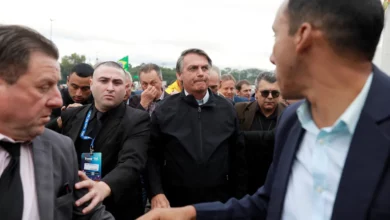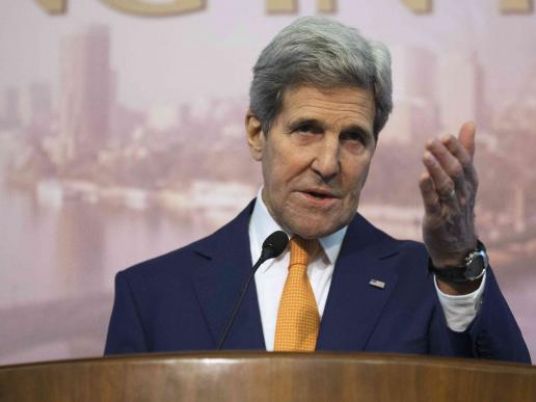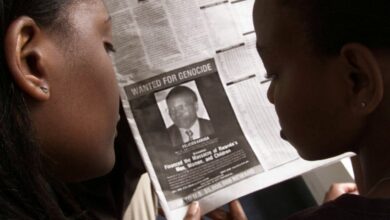Rights activists and political experts criticized a report by the fact-finding committee probing the violence during the 25 January Revolution for not recommending that ex-president Hosni Mubarak be brought to justice.
The committee's report, issued by the National Council for Human Rights and the Egyptian Organization for Human Rights — the first governmental and the second civil — concluded that as the head of the police apparatus Mubarak is politically responsible for the killing of protesters.
Many experts say Mubarak also bears criminal responsibility.
Abdel Halim Qandil, former coordinator for the oppositional Kefaya movement, said the report avoided any reference to bringing Mubarak to trial if proven guilty. Qandil criticised what he described as attempts to protect the former president from potential lawsuits.
The fact that the public prosecuter has been slow to start investigating Mubarak's crimes raises many questions, he added.
Sameh Ashour, vice president of the Nasserist Party, said criminal responsibility for the killings should be probed before the political responsibility for security policies — which Mubarak shares with former minister of interior Habib al-Adly.
If it is proved that Mubarak gave orders to fire at protesters, he will share criminal responsibility and the punishment would be the death penalty, he said.
Essam al-Islambouli, a lawyer, said Mubarak, al-Adly, and the officers who shot at protesters are all accomplices and have the same legal position.
Mubarak, who stepped down on 11 February following mass pro-democracy protests that continued for 18 days, has also been accused of corruption and squandering public money. Attorney General Abdel Meguid Mahmoud ordered the freezing of the assets of Mubarak, his wife, his two sons, their wives and children and banned them from travel. However, investigations into the ousted president have not yet started.




